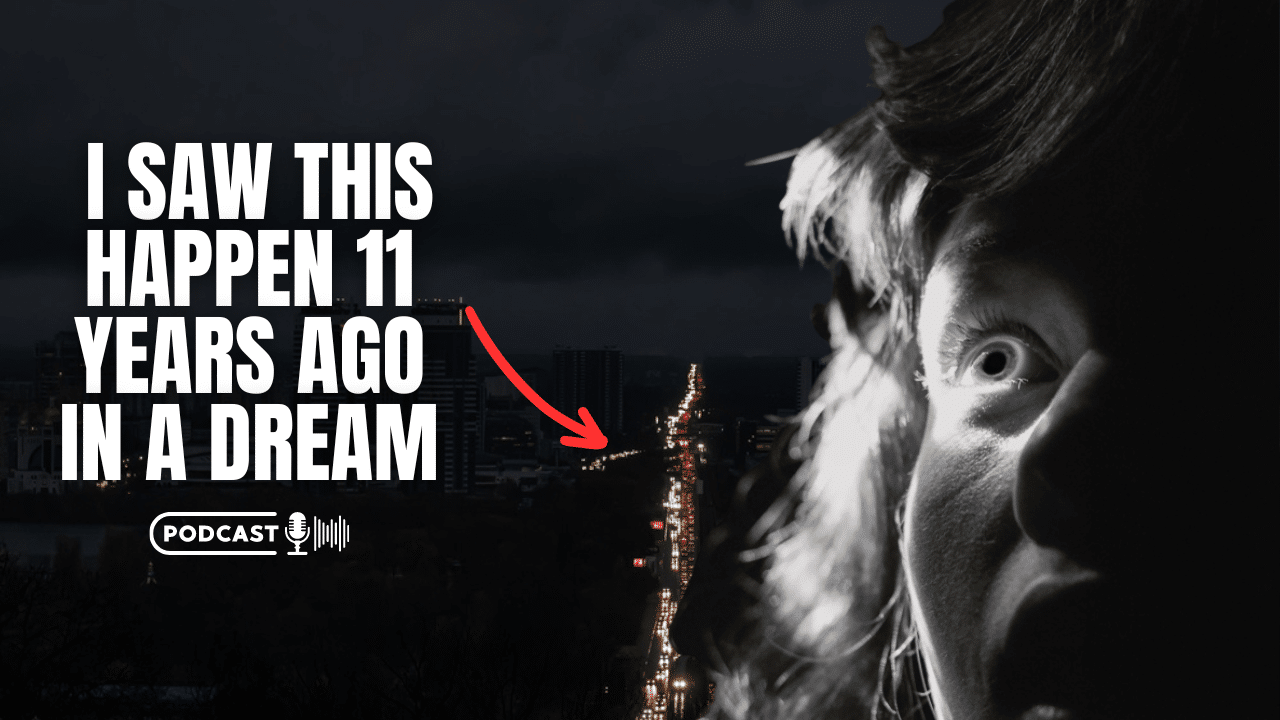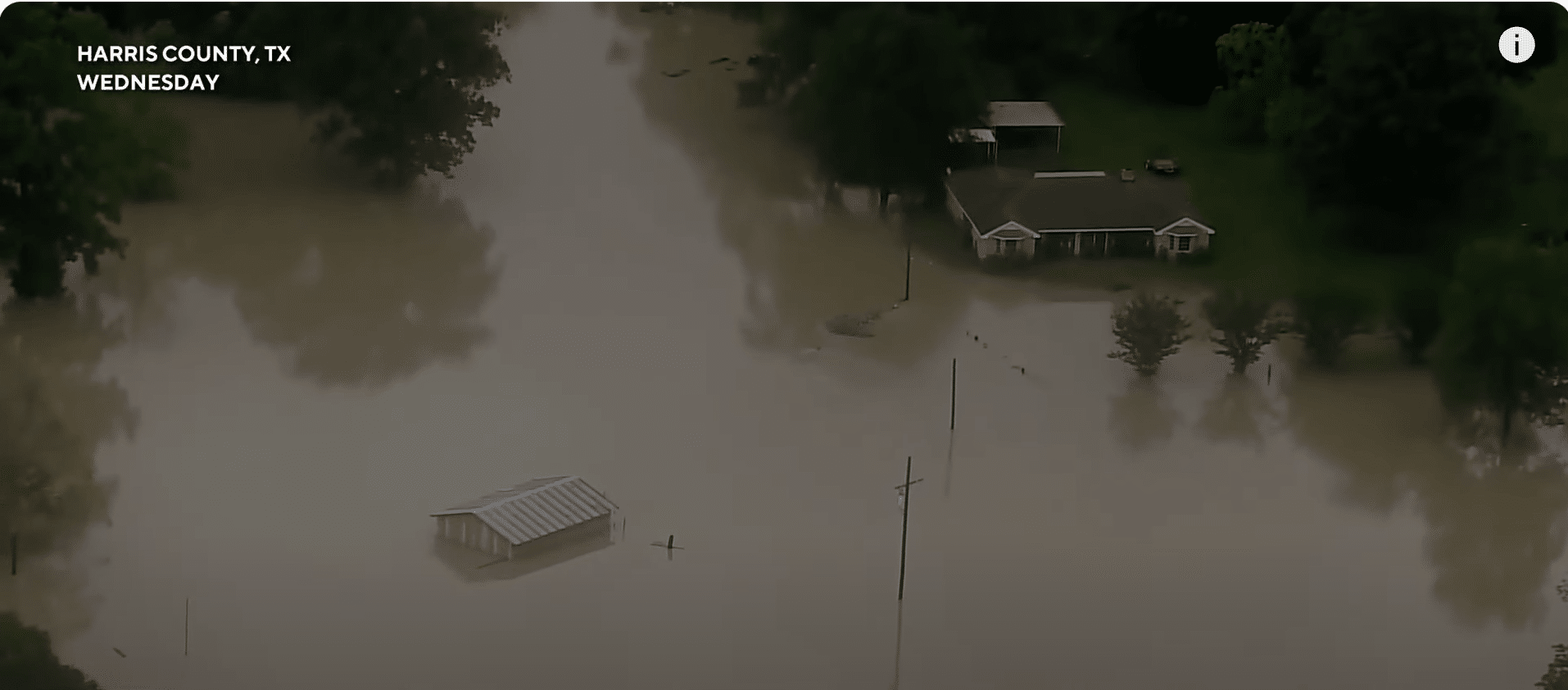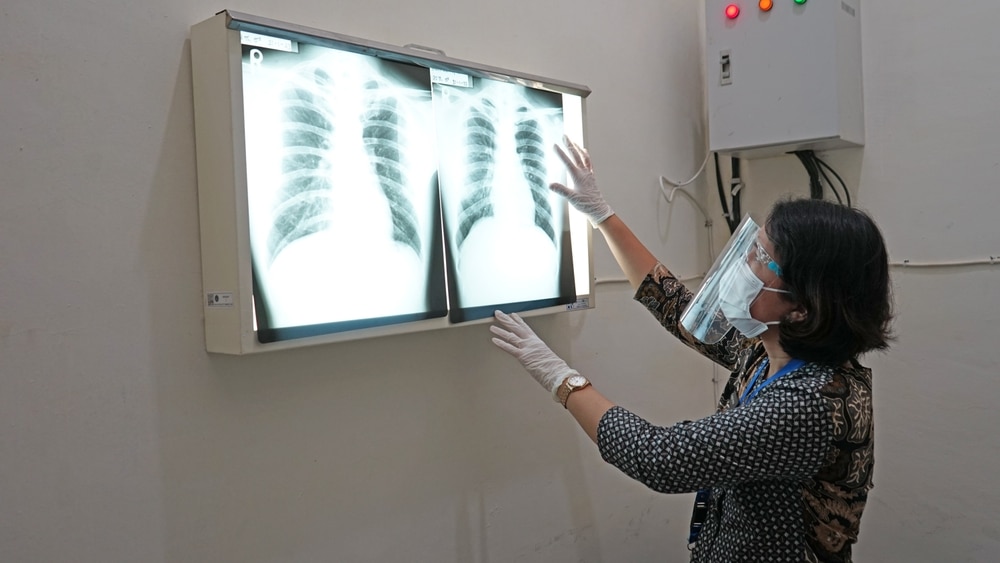Shortages of life-saving medications have reached record highs in the United States, putting millions of Americans at risk of major relapse — and even death.
Patients with aggressive blood cancers, life-threatening pneumonia and mental illness are just some of those waiting more than a year for vital medicines, a DailyMail.com investigation has learned.
One notable medicine in short supply is the antibiotic amoxicillin; used to treat bacterial infections, including the bacterial infection partly driving the so-called ‘white lung’ outbreak in Ohio and China.
The number of medications in short supply rose nearly 30 percent between 2021 and 2022 in the US – reaching a five-year record high of 295, according to official figures.
And a recent American Cancer Society survey found one in 10 patients has been affected by shortages, forcing them to use substitute drugs or delay treatment.
One teenage lymphoma patient from Indiana was forced to take a type of chemotherapy that had previously led to a life-threatening allergic reaction, because the medication he had tolerated was out of stock.
Another Florida-based mother of a nine-year-old girl with aggressive Leukemia was told to expect a 15-month wait for a $10 drug that would save the young girl’s life.
Most of these drugs are generic medicines, meaning they cost the patient and insurer far less than branded versions.
Now, the crisis – which is impacting America more than any other Western nation – has caught the attention of US politicians.
On Tuesday, the US Senate Committee on Finance held a session dedicated to the issue, which featured alarming testimony from doctors on the front line of the crisis.
Dr Jason Westin, Director of the Lymphoma Clinical Research program at M.D. Anderson Cancer Center in Houston, said: ‘The absence of a generic and cheap drugs like fludarabine [used to treat blood cancer] literally can be the difference between life and death.’
Westin adds that patients with aggressive blood cancers do not have time to wait for drugs that are in short supply – because there is often a narrow window in which patients can receive life-saving medications.
He said: ‘My colleagues have been forced to make impossible choices, including to choose which patients will be prioritized to receive potentially curative therapy.
‘We know how to treat cancer, but shortages force impossible choices. We have drugs that are lifesaving and shortages that are life-threatening.’
Experts say a major factor is the US Government’s failure to regulate profit-hungry drug companies – unlike other nations.


















